Tell us about yourself and how many books you have written.
I’m the author of two books on distilled spirits and cocktails (Iconic Spirits: An Intoxicating History, and Moonshine Nation). My first novel, Friend of the Devil, tells the story of America’s most celebrated chef, who has cut a deal with Satan for fame and fortune. The American Crusade, a political thriller released on April 4, is my second novel.
What is the name of your latest book and what inspired it?
The American Crusade is set during the invasion of Iraq, with flashbacks to the Fourth Crusade. It started when I was doing some reading about the Crusades, and suddenly realized that the Iraq invasion was the instant replay of the Fourth Crusade (down to some remarkably small details). The idea germinated in my head until I figured out a way to approach it.
Do you have any unusual writing habits?
I’m up very early (around 4 or 4:30), so that’s when most of the productive work gets done. I still do a lot of journalism, so the emails and phone calls start around 9 or 10. I write intermittently throughout the rest of the day.
What authors, or books have influenced you?
I have a degree in literature, so I tend toward the classics: Twain, Melville, Joyce, Nabokov, Hemingway. Hemingway said that Huckleberry Finn was the best American novel ever written, but I think it was actually Moby Dick. I’ve done a lot of reading in experimental literature over different periods, starting with Joyce and extending through Borges and Donald Barthelme.
What are you working on now?
I’m finishing up the sequel to The American Crusade, tentatively titled Impeachment. I won’t give away any spoilers, but the central issue is immigration, and the main characters are two multi-billionaire brothers with a penchant for manipulating the political system.
What is your best method or website when it comes to promoting your books?
I’m still feeling my way along on that question. My current (and new) publisher puts most of their emphasis on Amazon, which makes sense: they sell 50% of print books in the U.S., and their share of the e-book market is estimated to be as high as 75%. I’m also a great believer in sites like Awesome Gang, because I know there are lots of readers out there who get their information from many different sources.
Do you have any advice for new authors?
Don’t give up. It’s probably fair to say that many of the writers who succeed are not the most talented ones: they are the people who endure the years and decades of learning the craft and weathering the rejections. If you stick with it, success is possible.
What is the best advice you have ever heard?
Don’t give up. My eyes were opened many years ago when I read a book by Studs Terkel called Working. It was a compilation of interviews with maybe 100 different people, with occupations ranging from garbageman to film critic. It was an incredibly depressing book to read, because most of those interviewed said the same thing, in almost the exact same words. They said they thought they had wasted their lives, that they had talent they had never used, that they wish things had turned out differently or that they had gotten a break. When I read that book, I resolved not to become one of those people.
What are you reading now?
I just finished reading The Culture Code by Dan Coyle. It was a fascinating study of successful company cultures and what they had in common—organizations as diverse as Johnson & Johnson and the Navy Seals. What they had in common was a set of unwavering principles, and the freedom to be brutally honest.
What’s next for you as a writer?
As mentioned, I’m finishing up Impeachment, the sequel to The American Crusade. I have several other novels on the drawing board.
If you were going to be stranded on a desert island and allowed to take 3 or 4 books with you what books would you bring?
Moby Dick, absolutely. Huck Finn. Pale Fire, by Vladimir Nabokov. And one of the Kurt Vonnegut novels, probably Cat’s Cradle.
